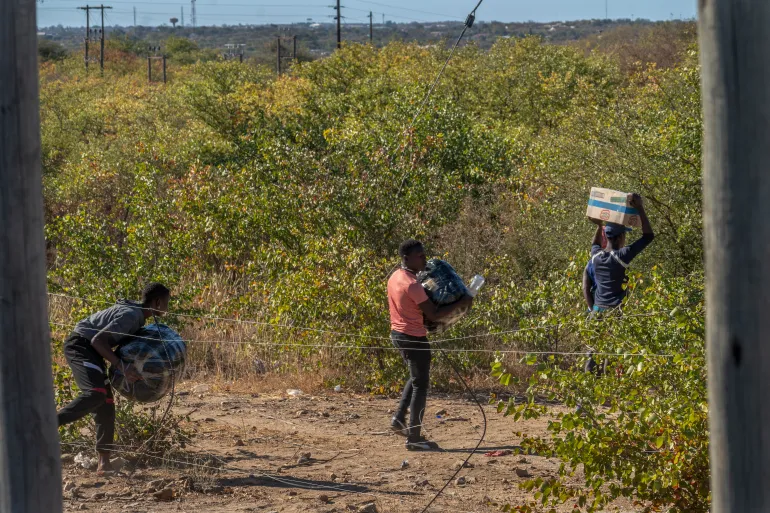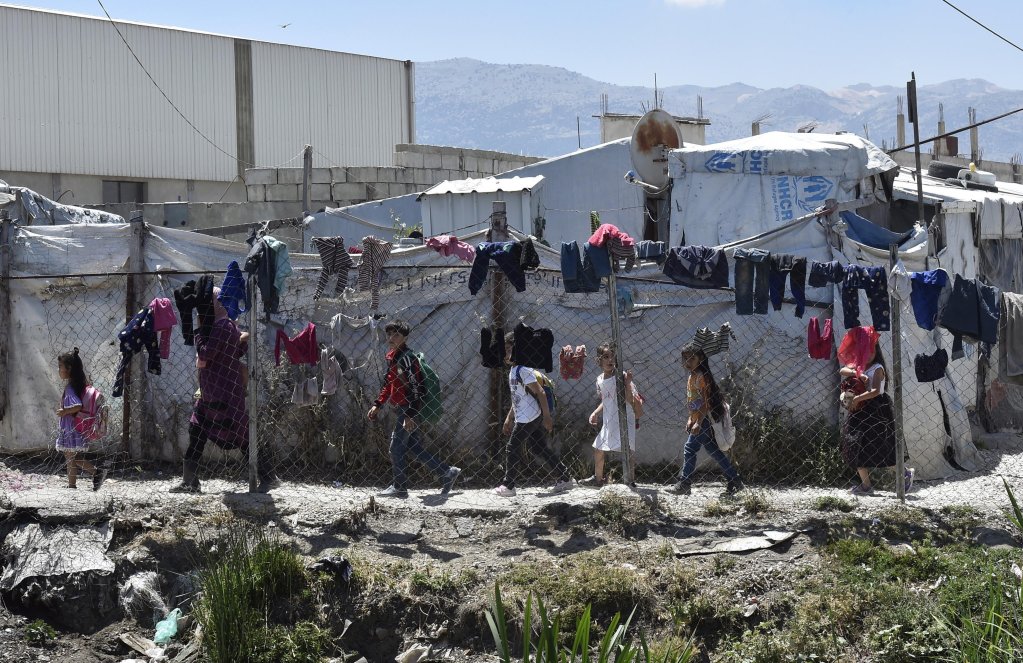In recent weeks, the Global Detention Project has received several testimonies from a group of people held in immigration detention in Sri Lanka, depicting troubling detention conditions and instances of indefinite immigration detention. The accounts of their treatment at the Welisara Detention Centre reflect wider concerns about the treatment of migrants and asylum seekers in the country, including the arbitrary detention of children and asylum seekers. […]
Refugees and Asylum Seekers
Ethiopia: Growing Concerns about Treatment of Refugee Children
Over the past year, numerous reports have surfaced about the detention and separation of children in Ethiopia who are fleeing conflicts in nearby countries, particularly Sudan and Eritrea. In a submission to the UN Committee on the Rights of the Child, the Global Detention Project summarises these concerns and makes a series of recommendations aimed […]

South Africa: Challenging Abusive Detention Practices in Court
Refugee rights groups are pursuing legal action against South Africa’s Department of Home Affairs in response to what it claims are unlawful arrests, detentions, and deportations of new asylum applicants. They denounce these practices as a violation of human rights, the country’s Constitution, and international law, including the principle of non-refoulement. A coalition of NGOs […]

An EU-Lebanon Refugee Deal Amidst An Unprecedented Crackdown on Refugees
The EU’s recently signed deal with Lebanon to provide financial assistance for hosting refugees and boosting border security comes as Lebanese authorities pursue an “unprecedented” crackdown targeting Syrian refugees. Human rights groups fear that the deal will keep refugees out of Europe while facilitating their deportation to Syria, in violation of human rights obligations. In […]

Senegal: Blocking the West African Migration Route
The West African migration route leading to Spain’s Canary Islands saw a major spike in traffic in 2023, increasing by 161 percent compared to 2022, according to the European Union border agency, Frontex. As most of these crossings originate in Senegal and involve mainly young migrants, many under the age of 18, the country’s efforts […]

Calls for Closure of Controversial Detention Centre in Trinidad and Tobago
After a Trinidad and Tobago court recognised “shocking and appalling” treatment of a Venezuelan child at the Chaguaramas Heliport detention facility, some are calling for the controversial facility to be closed. Previously, detainees have protested the conditions they were forced to endure at the facility, and human rights activists in the country have argued that […]

As Finland Closes Eastern Border, Authorities Announce Plans for New “Registration Centres”
In response to what authorities have described as “instrumentalised migration” at its eastern frontier, in November Finland took the extraordinary step of closing its entire border with Russia. The government has also permitted the Immigration Service to establish “registration centres” where arrivals can be held for up to seven days. In November, Finland recorded a […]

Rwanda’s Asylum Practices Under Spotlight as UK Supreme Court, UN, and US State Department Highlight Dangers
Two weeks after the UK’s Supreme Court unanimously ruled that the government’s plan to outsource asylum processing to Rwanda is unlawful, the UN Committee against Torture expressed concerns about Denmark’s plans to externalise asylum processing to Kigali. […]

Mexico: Joint Submission to the Committee on Migrant Workers
Joint Submission to the UN Committee on the Protection of the Rights of All Migrant Workers and Members of Their Families 37TH Session, November 2023– List of Issues Mexico: Issues Related to Immigration Detention The Global Detention Project (GDP) and the Centro de Derechos Humanos Fray Matías de Córdova (CDHFMC) are pleased to provide the […]

The Threat of Detention for Myanmar Refugees in India
Authorities in Uttar Pradesh have launched a crackdown on Rohingya refugees, leading to the arrest and detention of dozens of people apprehended during raids at camps. The arrests are part of a wider, nationwide policy targeting refugees from Myanmar. With no legal limits on detention, refugees can be held indefinitely. Recently, when a group who […]




